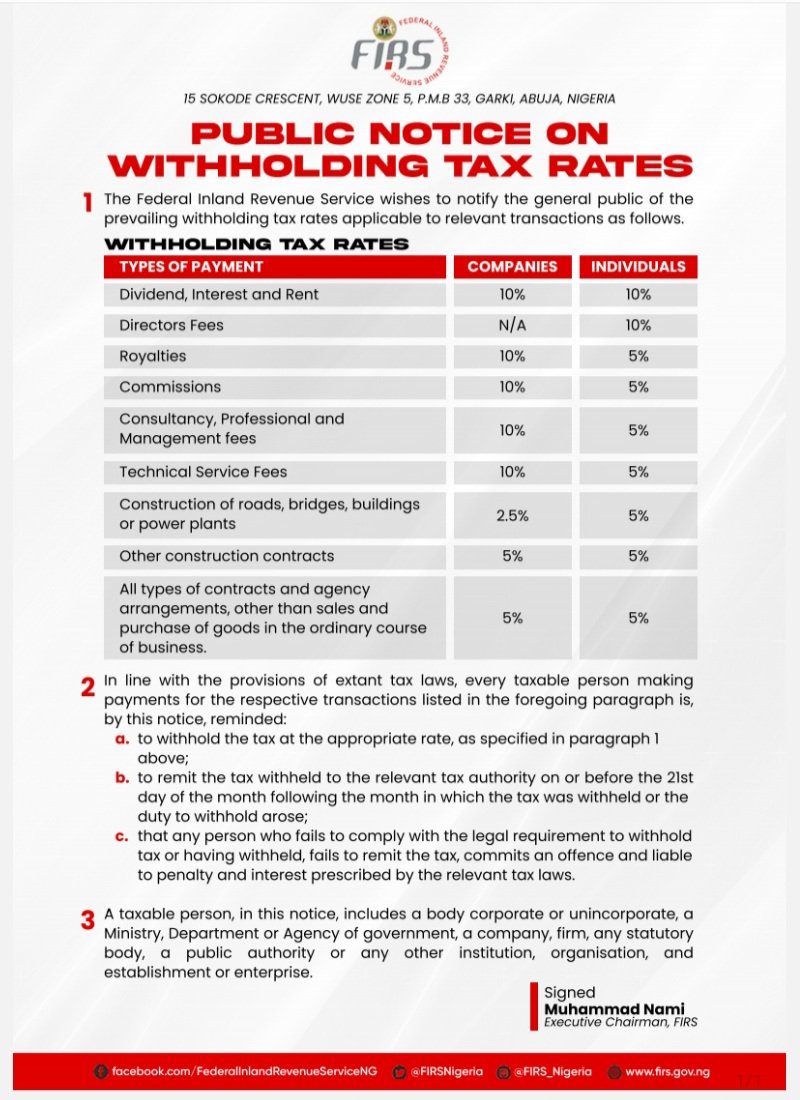
The Nigeria’s Federal Government has revised the 2020 budget at a total of N10.523 trillion, a difference of just about N71.5 billion when compared to the approved budget. The government also approved $25 per barrel for crude oil as the production is at 1.94 million barrels per day with an exchange rate of N360 to $1
Minister of Finance, budget and national planning, Hajiya Zainab Ahmed who briefed newsmen today, May 13 at the end of the Federal Executive Council (FEC) meeting in Abuja, said that her ministry submitted a memo to council for approval of the amendments of the Medium Term Expenditure Framework for 2020-2022 as well as amendment to the 2020 budget.
“The council has approved our recommendations and the approval has these key parameters.
The crude oil price is approved at $25 per barrel, crude oil production is at 1.94 million barrels per day and then an exchange rate of N360 to $1.
“The revised budget is now in the total sum of N10.523 trillion, a difference of just about N71.5 billion when compared to the approved budget. This is because, as we cut down the size of the budget, we also have to bring in new expenditure previously not budgeted, to enable us adequately respond to the COVID-19 pandemic.”
She said that in the revised budget, the federal government will have direct revenue of funding the budget of N5.158 billion, adding that the deficit of N5.365 trillion will be financed by both domestic as well as foreign borrowing.
According to the minister, the foreign borrowing are all concessionary loans from the IMF which has already been approved and has crystallized, from the World Bank, Islamic Development as well as Afro EXZIM bank.
“There will also be some drawdown of previously committed loans for major ongoing projects that we will be drawing from both exiting facilities as well as some special accounts with the approval of Mr. President and the National Assembly, and also, revenue that we are expecting to realize from privatization. So the borrowing, the multilateral loans draw down coming from special accounts and coming from the privatization will fund the fiscal deficit of N5.365 trillion that we have in the proposed amendment of the 2020 budget.”
She said that her ministry requested, on behalf of Ebonyi state government, for a loan of $80 million from the Islamic development bank, for the construction of Abakaliki ring road project. “While the federal government is the one borrowing from the bank, federal government will be unlending these loans to Ebonyi State government. We have done our debts sustainability analysis that proves that Ebonyi state has the capacity to repay this loan which is provided on a basis of Libel plus and also long tenure for repayment.
“This Ebonyi ring roads connects 13 local governments in the states as well as the neigbouring cameroon republic. It is a major road that will provide access to the citizens in the state, to farmers, markets and will enhance economic activities in the state. And the neigbouring states will also benefit from this project.”
Zainab Ahmed said that her ministry also got approval for the Nigeria Customs Service to purchase boats which are manufactured here in Nigeria for its surveillance and anti-corruption activities on the maritime waters.
Om whether the government is going to purchase made in Nigeria goods following coronavirus pandemic, the minister referred economic stimulus committee, set up by President Muhammadu Buhari and chaired by Vice President Yemi Osibanjo, adding that the work of the committee is to develop 12 months economic stimulus plan and that it is at the final stage of that work.
“We have prioritized spending in that plan to use and consume made in Nigeria. For example, some of the public works projects that will employ a lot of our youths is to be done using strictly our raw materials, so we don’t have to import bitumen for example to build our roads.”








